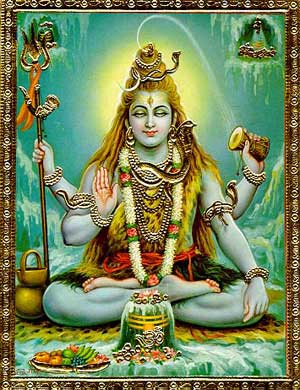.:. home .:. essays & notes .:. guestbook .:.
essays & notes
Attaining undifferentiated consciousness

1) Theory: "We assert a secret source of energy which explains the phenomenon of Genius... We do not believe in any supernatural explanations, but insist that this source may be reached by the following out of definite rules, the degree of success depending upon the capacity of the seeker, and not upon the favour of any Divine Being. We assert that the critical phenomenon which determines success is an occurrence in the brain characterized essentially by the uniting of subject and object. We propose to discuss this phenomenon, analyse its nature, determine accurately the physical, mental and moral conditions which are favourable to it, to ascertain its cause, and thus to produce it in ourselves, so that we may adequately study its effects." -Crowley, Liber IV, Part I, Introduction
2) Practice: The essential method is concentration of the mind on a particular object.
-a) In the process of bringing the attention of the mind to the particular object, various "breaks" in the stream of concentration occur.
-b) A break is essentially an aberration in the stream of concentration and therefore is detrimental to the purpose
-c) There are five classes of breaks: one physical and four mental
--i) physical sensations
--ii) memories
--iii) daydreams/reverie
--iv) thought of how well one is employing the method
--v) atmospherics
-d) To overcome break c1, one must persist in a certain bodily position for an extended period until the posture becomes habitual & natural. The most effective postures include:
--i) sitting in a chair, back straight, knees together
--ii) half-lotus on the ground or cushion - that is with one foot resting on a thigh and the other foot tucked under
--iii) full-lotus on the ground or cushion - both feet resting on thighs
The common factor across all of these is that the posture is firm but relaxed and the spine is kept erect.
--e) To overcome breaks c2, c3 and c5, one must be aware of one's thoughts and able to observe them and retain concentration without letting them divert one's attention from the chosen object of attention.
--f) To overcome c4 one must also be aware of one's thoughts while simultaneously retaining concentration on the chosen object, but further one must be "delivered from lust of result;" that is, not attached to results while in the actual process of meditation because the very thought of it is a distraction and therefore a detriment.